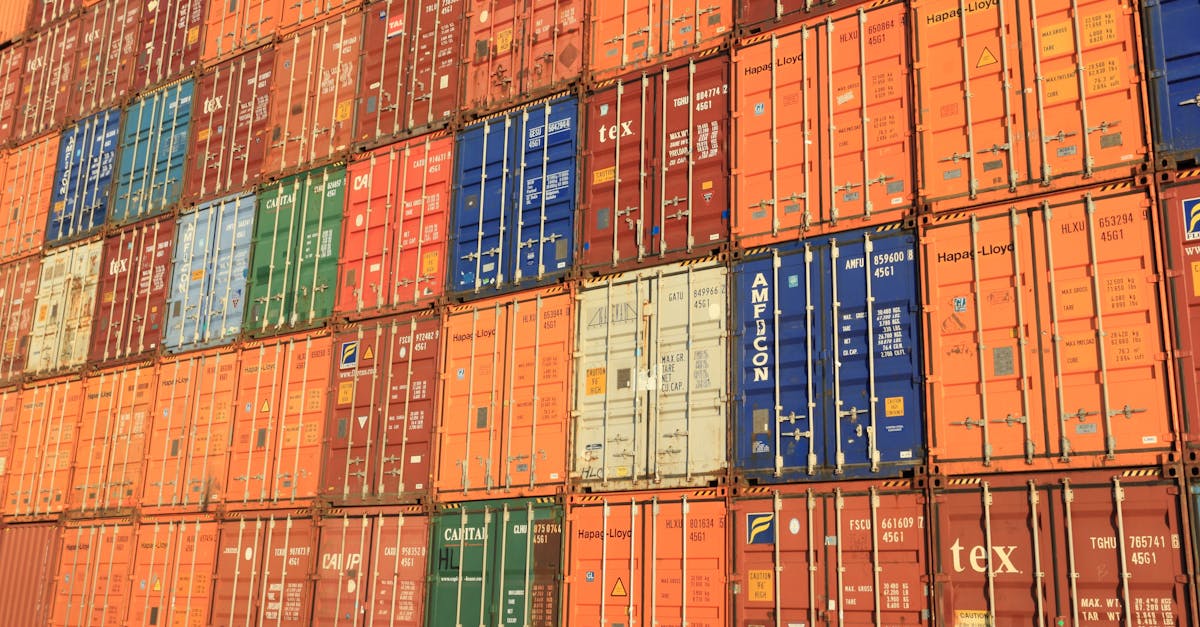Published on:
7 min read
Navigating the Future: Innovative Strategies in Logistics and Supply Chain Management
As the world continues to evolve, so do the strategies within logistics and supply chain management. This post focuses on innovative approaches that companies can adopt to enhance efficiency and resilience in their supply chains.

The Role of Technology in Supply Chain Optimization
Technology has revolutionized supply chain management, enabling companies to streamline their processes and enhance efficiency. The adoption of Artificial Intelligence (AI) and machine learning algorithms helps organizations predict demand, optimize inventory levels, and reduce costs. Additionally, real-time data analytics empowers businesses to make informed decisions through enhanced visibility across the supply chain. This technological integration not only speeds up operations but also improves overall accuracy, rendering operations more responsive to market changes. Successful companies leverage advanced software solutions, internet of things (IoT) devices, and automation tools to create agile and resilient supply chains that can adapt to unforeseen challenges.
Sustainability in Logistics: A Strategic Necessity
Sustainability is no longer just a buzzword; it's a strategic necessity in logistics and supply chain management. With growing concerns over environmental impact, companies are embracing sustainable practices to reduce their carbon footprint. This includes optimizing transportation routes, utilizing eco-friendly packaging materials, and incorporating electric vehicles into their logistics fleets. Moreover, businesses are increasingly focusing on transparency throughout their supply chains, enabling consumers to make informed choices that align with their values. As regulatory pressures increase and consumer preferences shift, organizations that prioritize sustainability are likely to gain a competitive advantage while contributing positively to the planet.
Building Resilience Through Agility
In an unpredictable global environment, building resilience through agility has become paramount for logistics and supply chain management. This strategy involves the ability to adapt quickly to changes, such as sudden demand spikes, supply disruptions, or geopolitical issues. Companies are implementing flexible supply chain models, diversifying suppliers, and investing in alternative sourcing strategies to mitigate risks. By fostering collaboration with stakeholders and utilizing scenario planning, organizations can better prepare for disruptions while maintaining service levels and customer satisfaction. Emphasizing agility not only helps in crisis management but also positions companies for long-term success in a volatile landscape.
Conclusion: Embracing Innovation for Future Success
In conclusion, the future of logistics and supply chain management lies in the embrace of innovative strategies that enhance efficiency, sustainability, and resilience. By tapping into technology, prioritizing sustainability, and fostering agility, businesses can navigate the complexities of today's market landscape. As they adopt these principles, companies will not only thrive but also pave the way for a more sustainable future in logistics.
Published on .
Share now!










